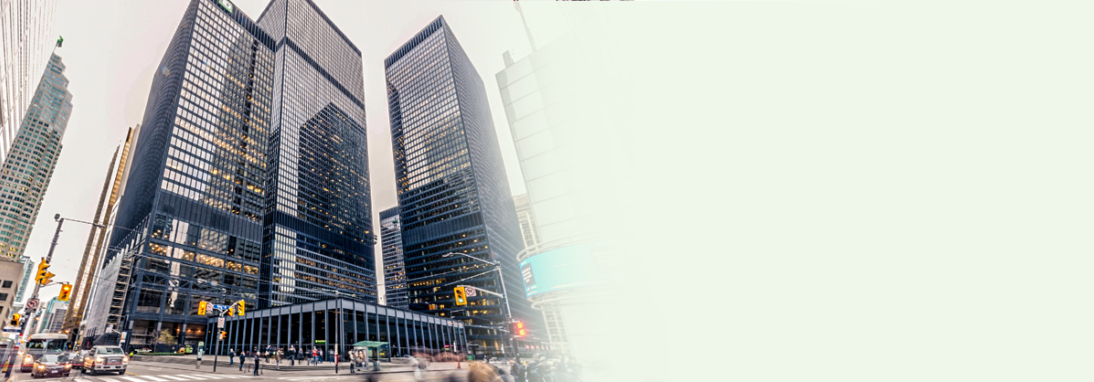By Ajai Bambawale
Group Head and Chief Risk Officer
Ten years ago, the financial world was changed forever when Lehman Brothers Holding Inc. filed for bankruptcy, setting off a chain reaction of events that is widely considered to have kickstarted the global financial crisis.
In the decade since that historic day in September 2008, financial institutions around the world have spent countless hours analyzing their own responses to the crisis and the learnings from it, while examining their own risk cultures and adapting to the changes that came about in the aftermath of the crisis.
At the time of the Lehman Bros. bankruptcy, I was transitioning out of my role as head of Credit for TD Securities to a new role as the Chief Operating Officer of TD Securities, and I was asked to run with the day-to-day management of the crisis as it unfolded. To say it was a career-defining moment would be an understatement. It was quite tense. We were dealing with a lot of uncertainty and people were working around the clock.
While the financial crisis certainly had an impact on our organization, TD has always been a risk-focused bank, and our culture of moving quickly to take steps to mitigate risk, including re-hedging our potentially open market risk positions, meant that our exposure to the crisis was limited.
In fact, as an organization, TD got out of structured products before the financial crisis because we didn't properly see how our customers would benefit or understand the risks associated with them. We didn't take risks that we didn't understand then, and it's still our guiding philosophy today.
At the time, the Street didn't see this decision favourably, because these kind of investment products were profitable products. But considering risk, and engaging risk management as a strategic advisor, is engrained in our business.
Great companies stay true to their core beliefs, even if those decisions aren't always popular in the moment. During the crisis, our current Chief Executive Officer, Bharat Masrani, was our Chief Risk Officer, and he was instrumental in guiding the organization through this critical time.
Our risk appetite statement, it's not just talk – we walk the walk, and this philosophy is not only a part of our culture, but a part of our DNA. Material strategic decisions aren't made without our Risk Management having not only a seat at the table, but an intrinsic voice.
We learned a lot from Lehman Bros. and the ensuing financial crisis. We learned to assume the worst case and have a plan or playbook should this ever take place again. We established early warning triggers so that the organization can anticipate unexpected events and move into crisis mode with a planned approach. We also came to see stress tests as more than simply a requirement for our business, but as tools that provide us tremendous strategic value.
The financial crisis led to a transformation in regulation and banking, ultimately leading to better capitalized and risk-managed banks. But it also led to a stronger risk culture, promoted by the need to develop and operationalize a risk appetite.
Today, the risk landscape has changed. As an organization, and as an industry, we now have an understanding of risk that touches on a whole host of non-traditional areas, in addition to financial risks. Protecting our customers and the bank from cyber-risks is our top priority, but non-traditional risks today also include new industries like cannabis, the potential impact of cryptocurrencies, artificial intelligence, and data aggregation.
We believe our teams are not only risk managers, but that they are also strategic advisors, tasked with constantly learning to stay informed and engaged in a range of matters to help the bank navigate this changing landscape.
While we continue to evolve our thinking as it pertains to risk, we know based on the road we have travelled, that the same philosophy of staying true to our core beliefs, still holds true today.
